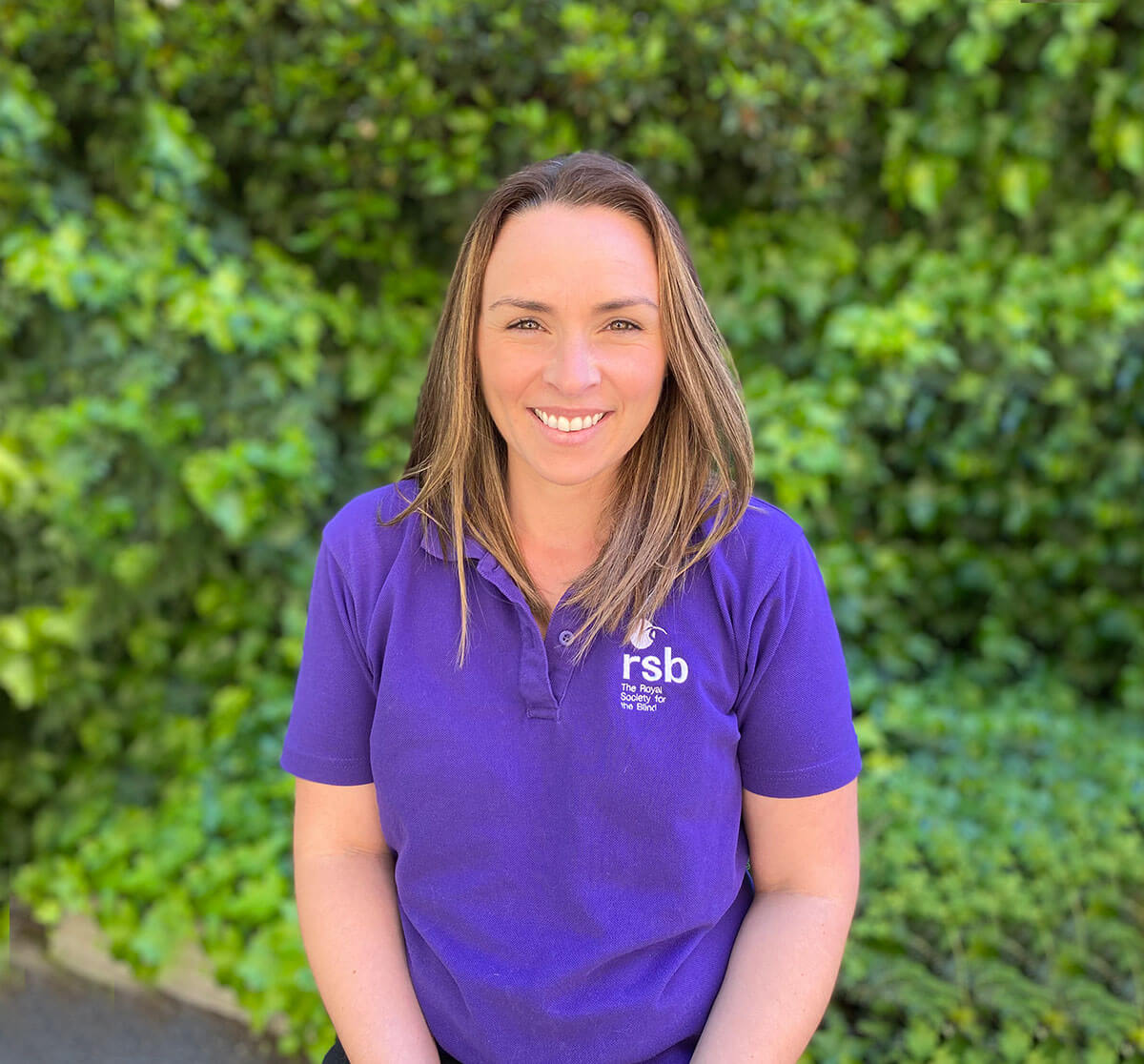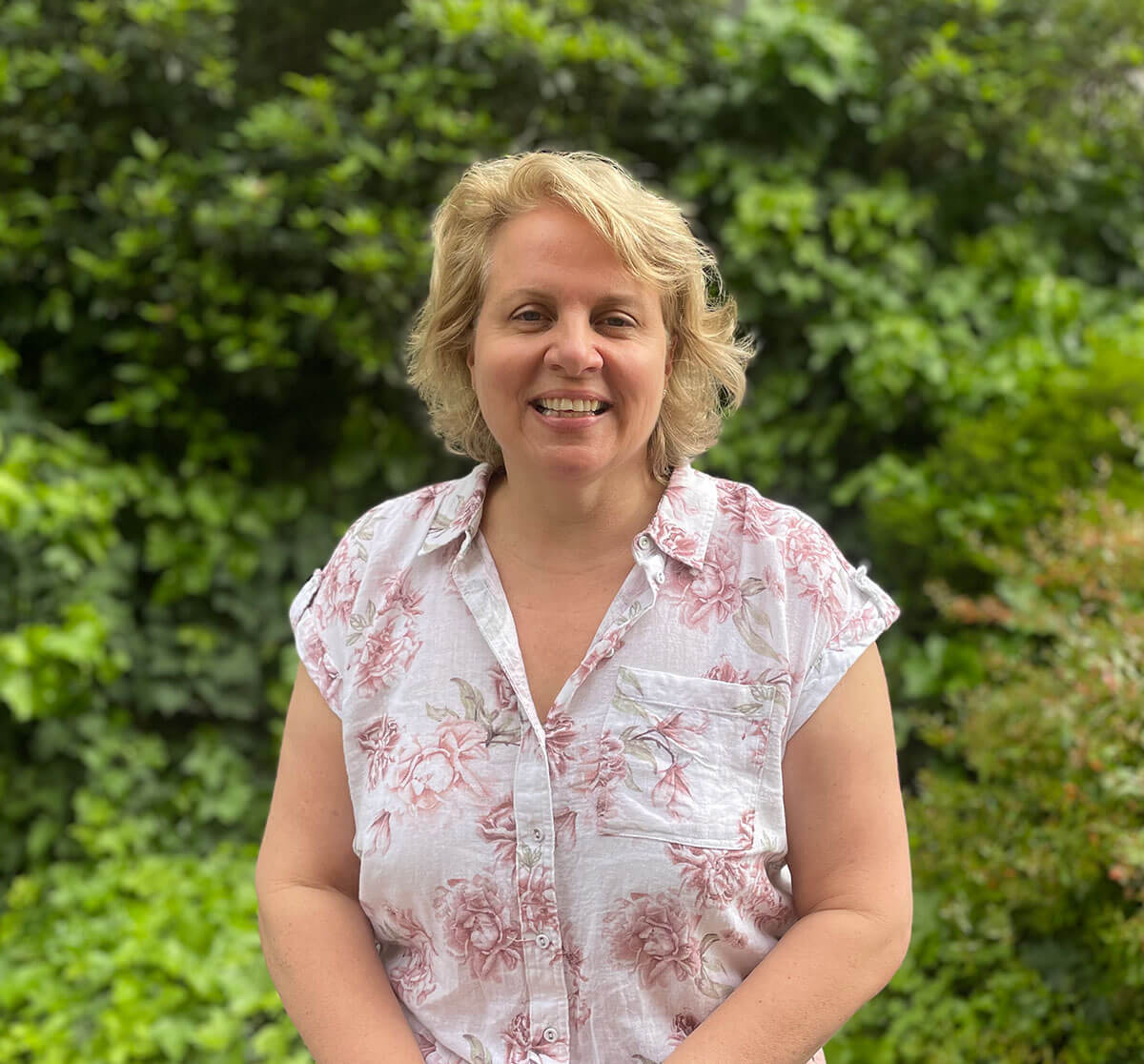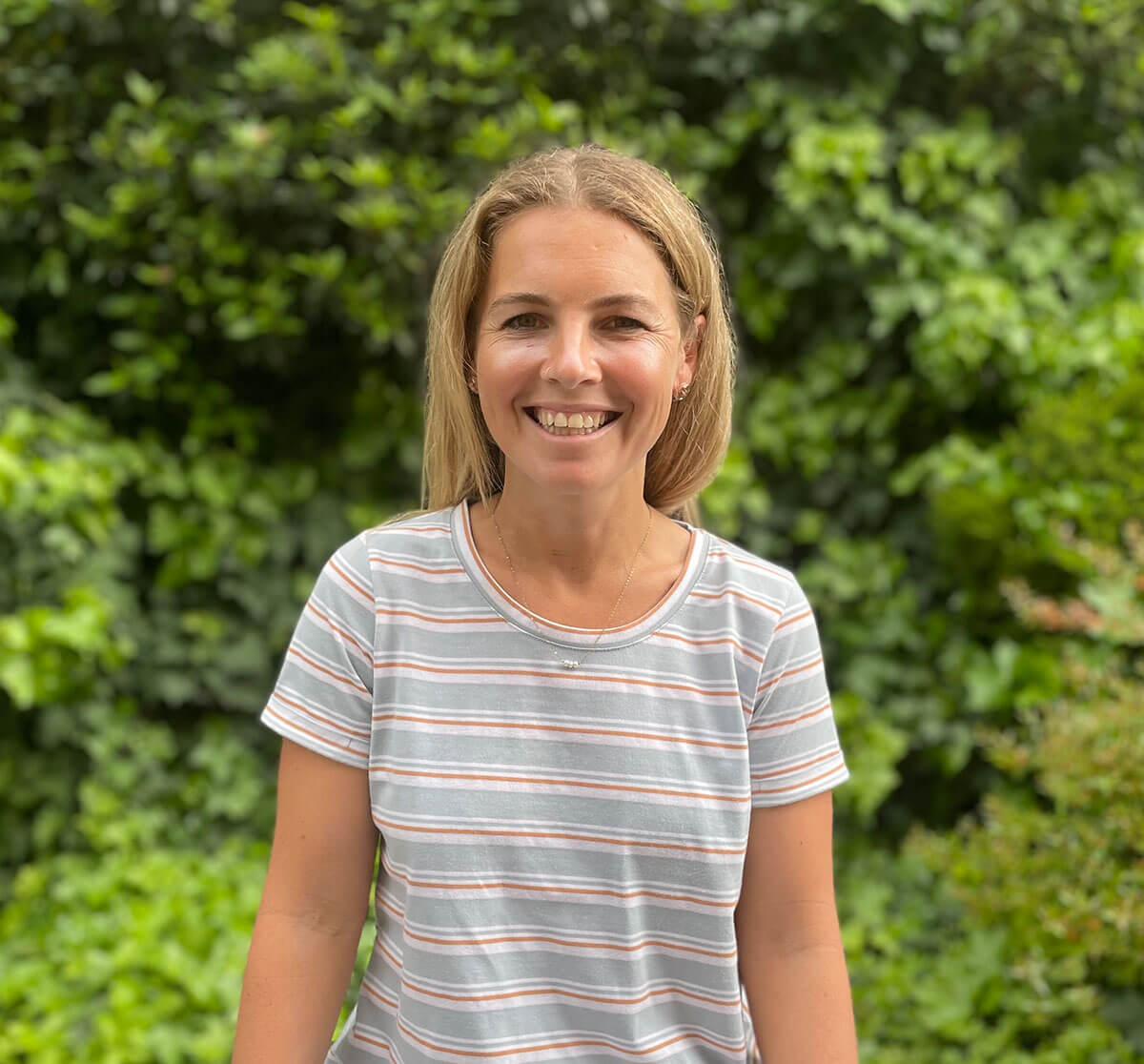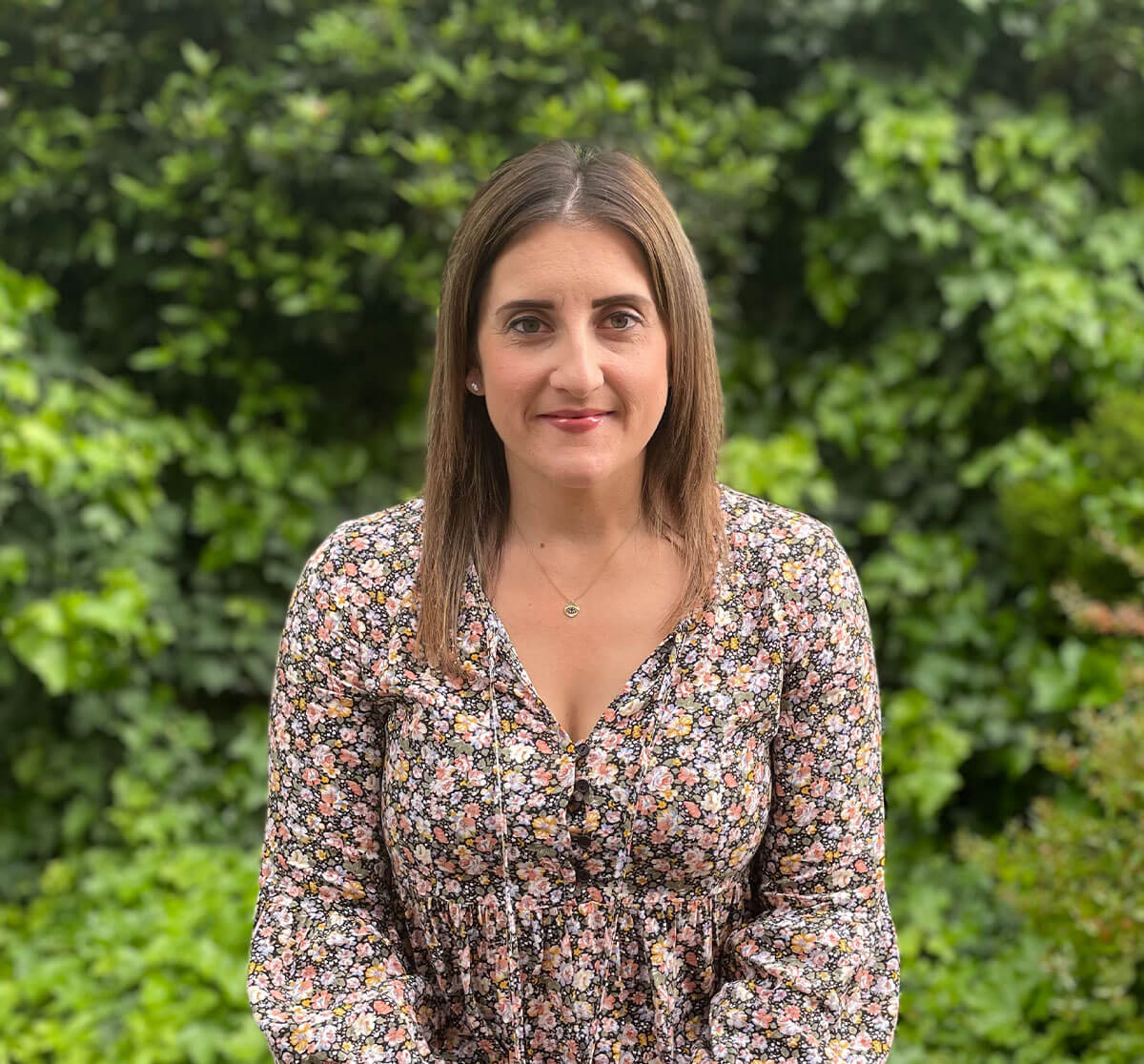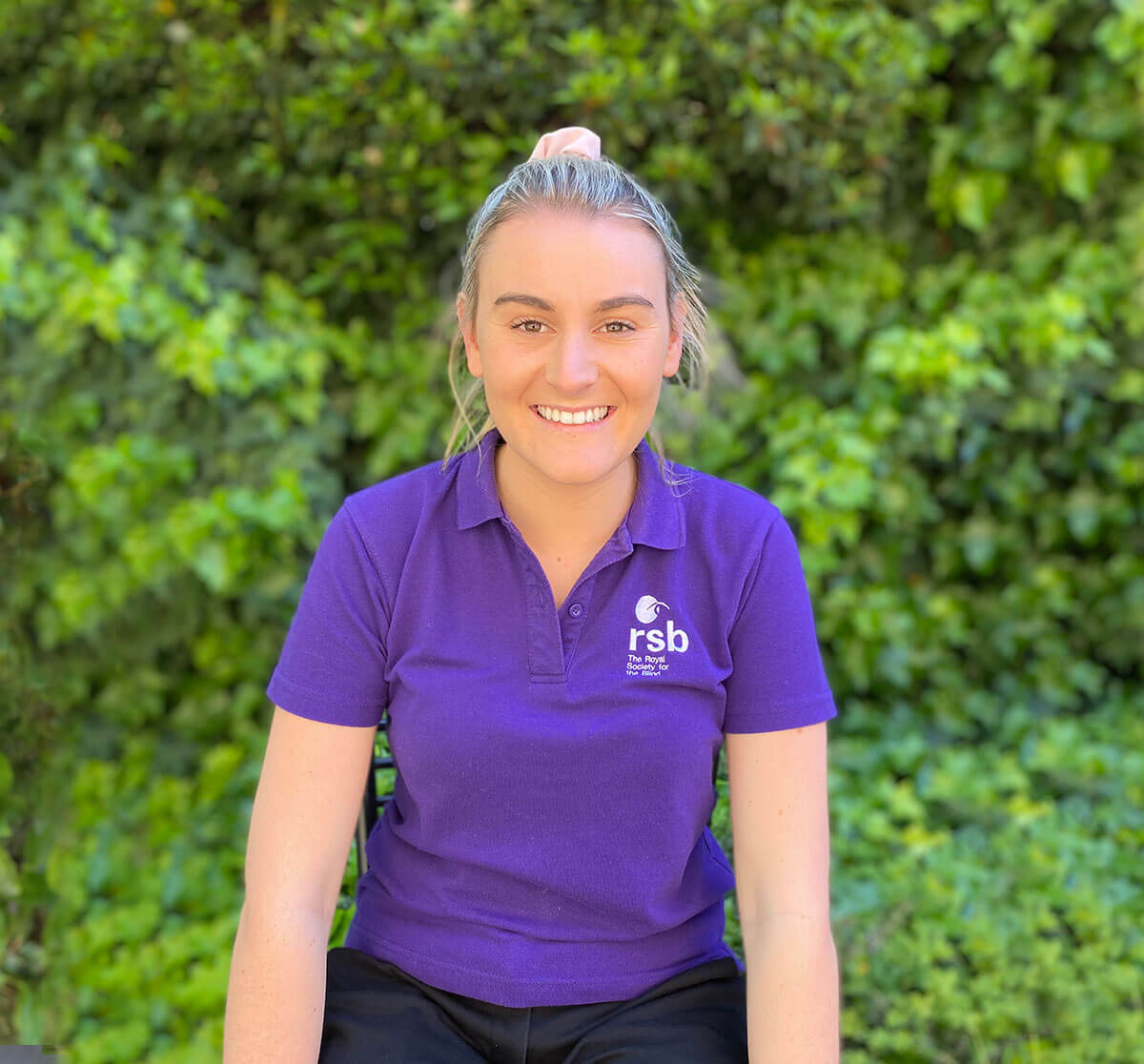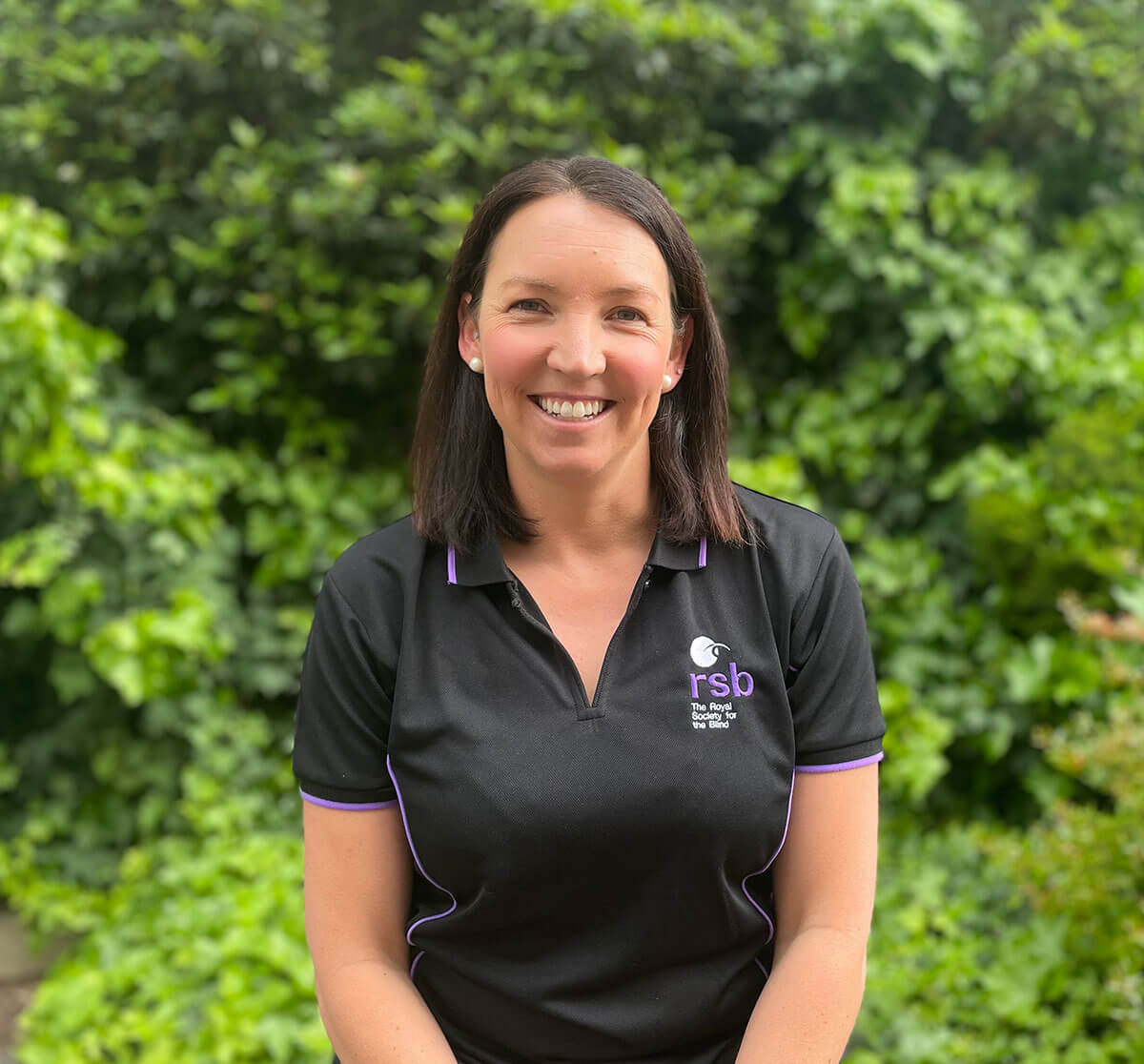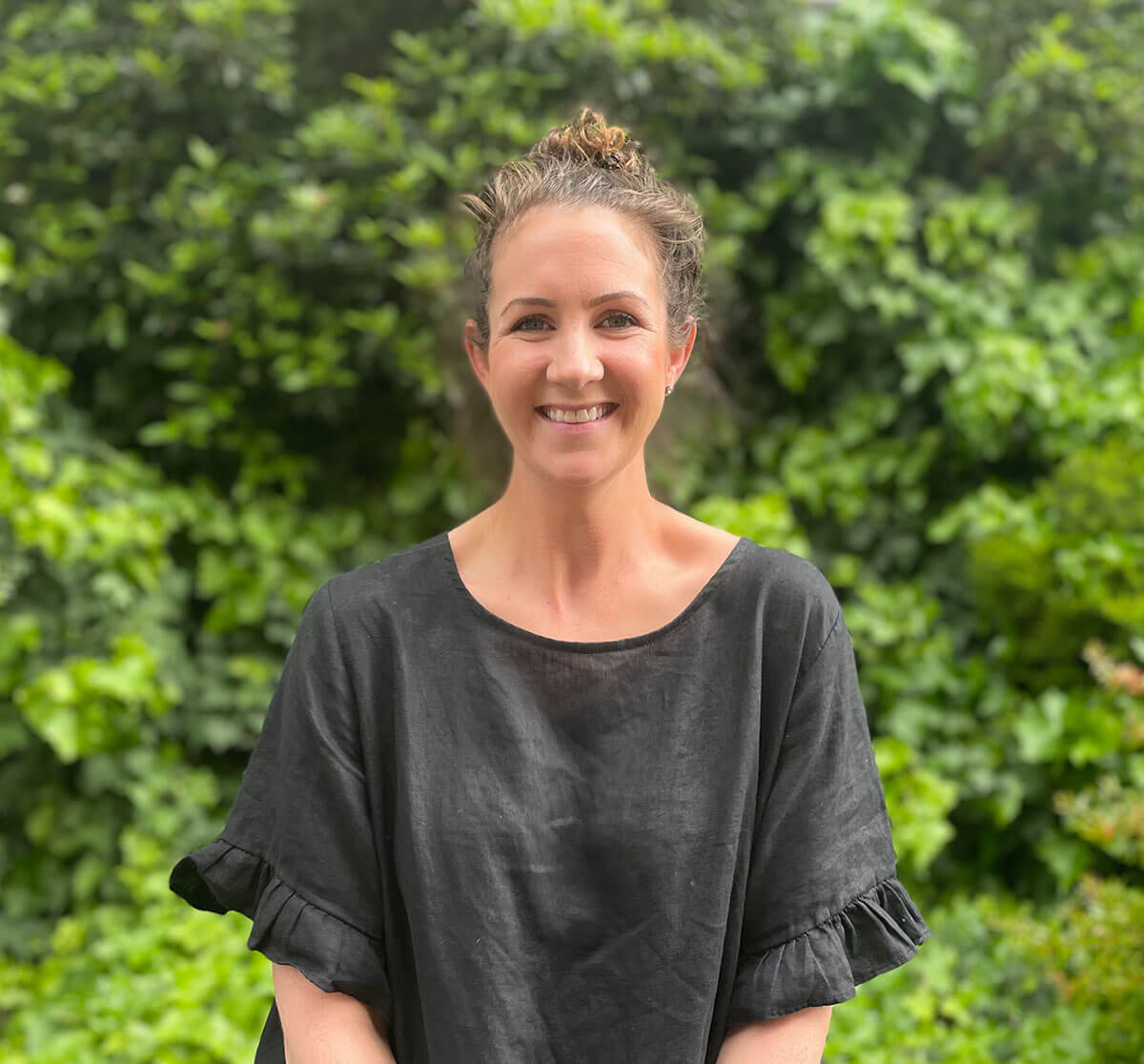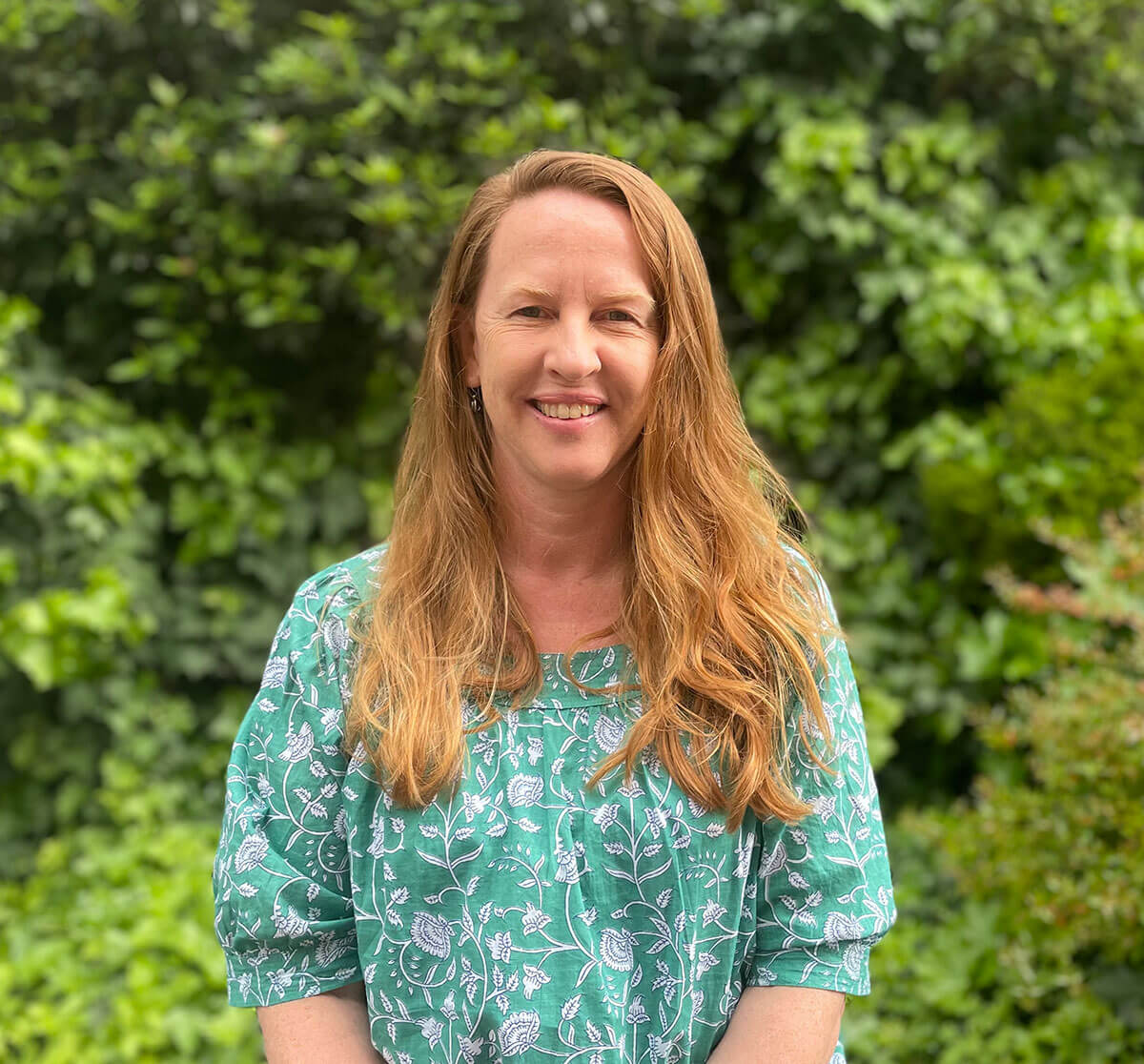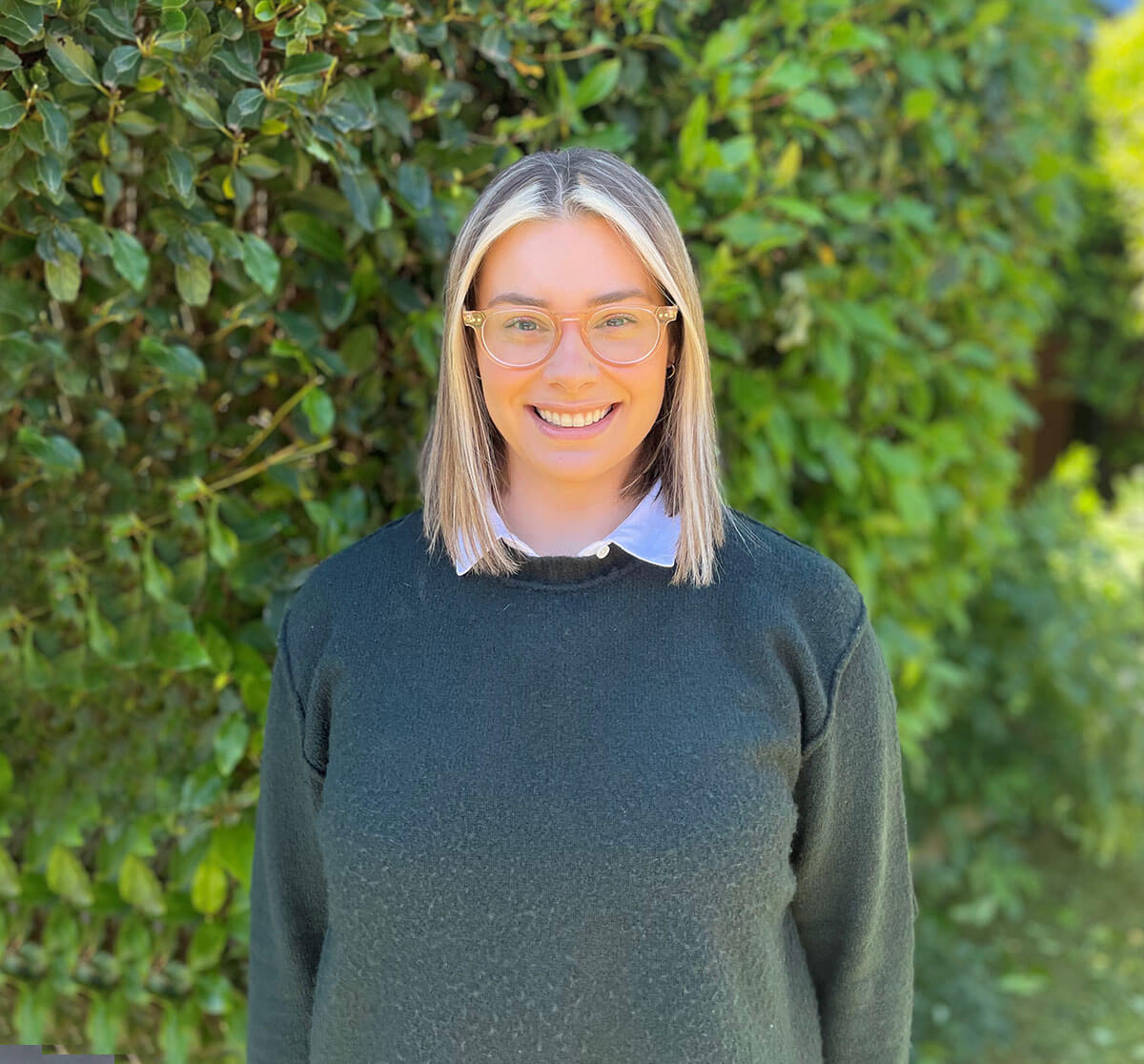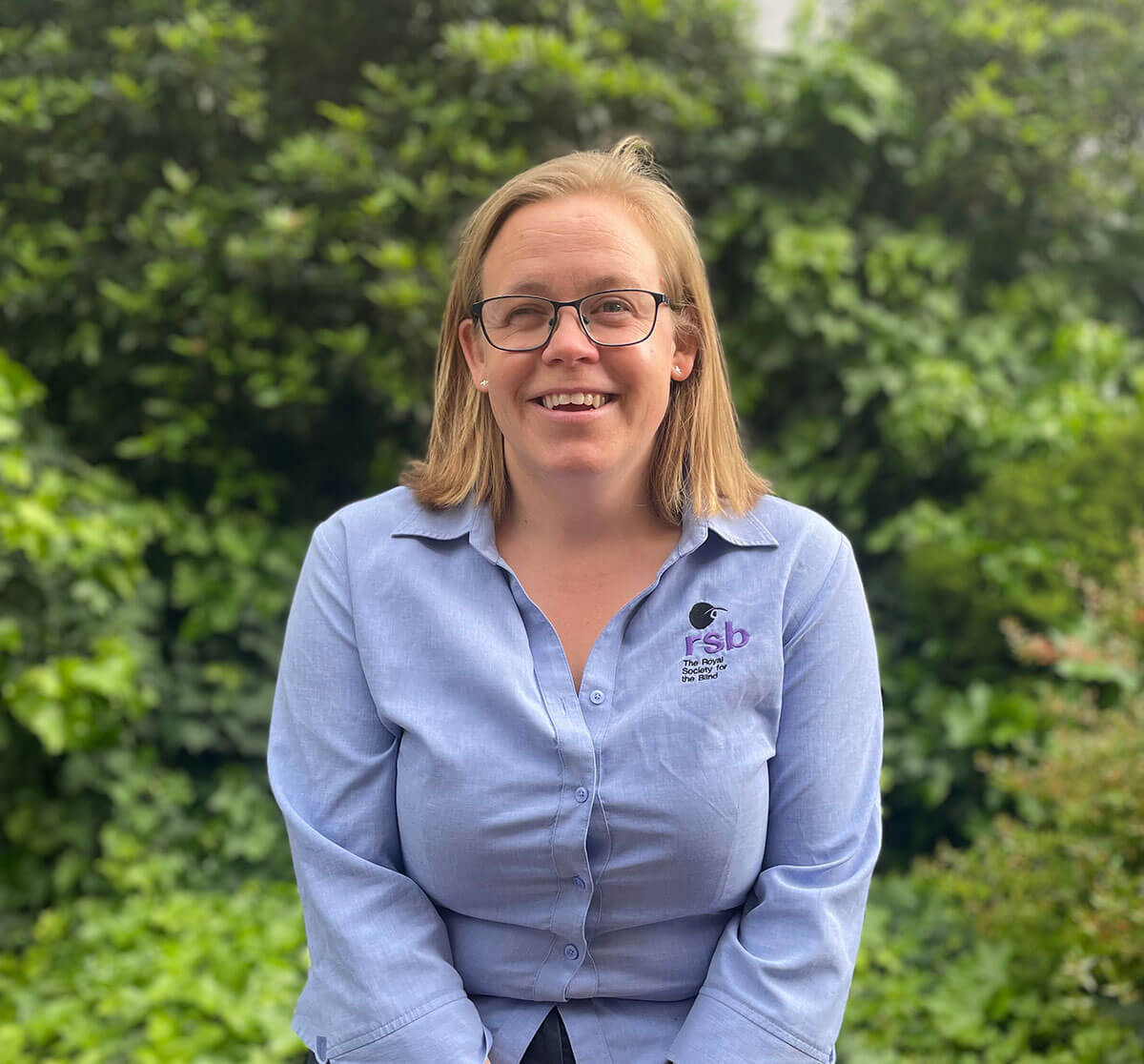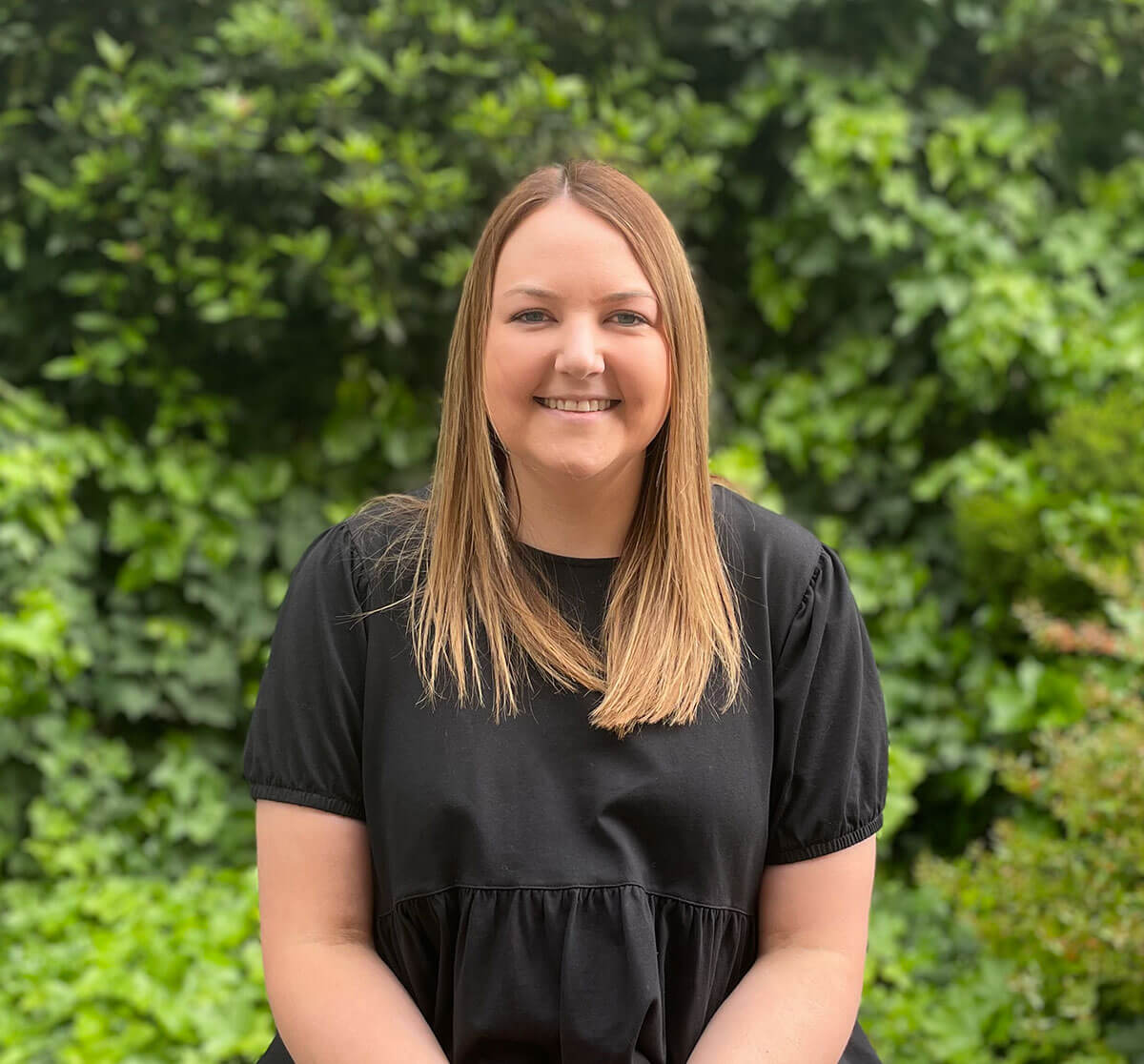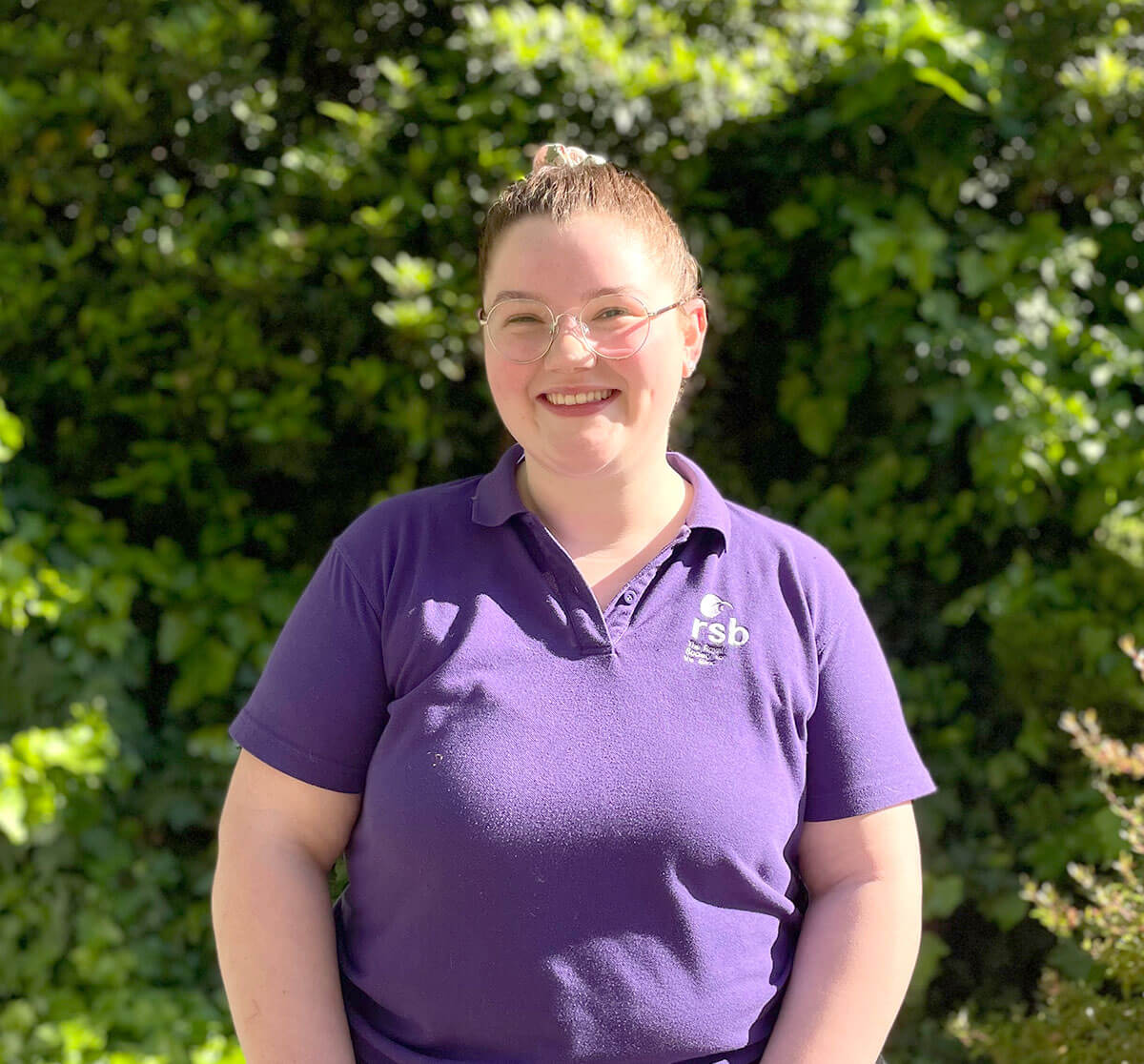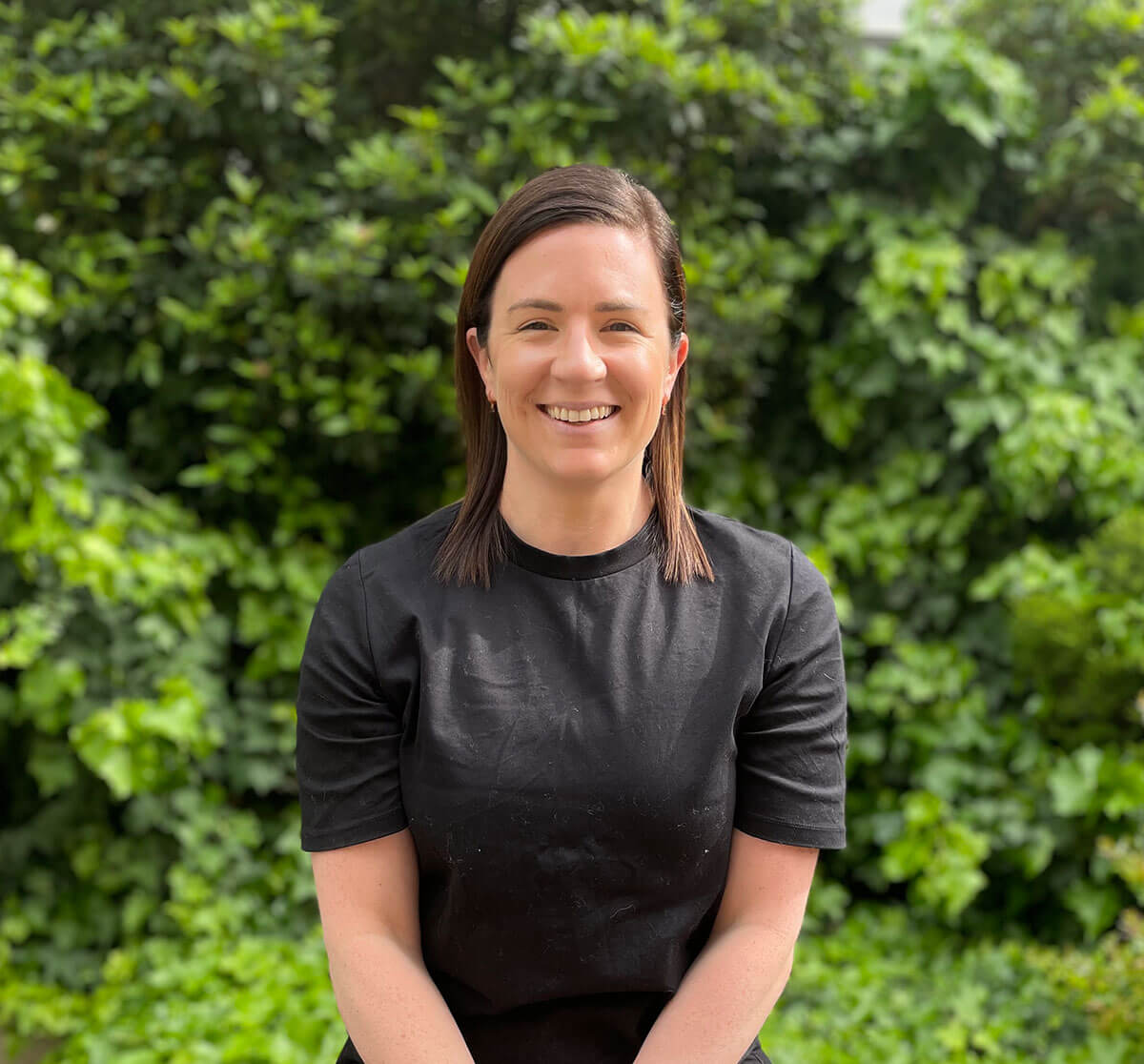Preparing students for life after school
Leaving school can be daunting for many young people, including those with a disability.

Transitioning from the safe surroundings of the school yard into the wider world can present many fresh challenges, whether adjusting to a new routine or getting used to an unfamiliar environment.
Bridget Harris, See Differently’s Business Development Manager, says the organisation’s School Leaver Employment Support (SLES) program helps make the post-school transition a little easier.
The individually tailored program assists school leavers with the transition into the next phase of their lives, whether it be going into higher education, an apprenticeship or the workforce.
A program coordinator works one-on-one with students who have low vision, are blind, deaf, hard of hearing, have an intellectual disability or are autistic. It also includes parents and carers in the process.
The program helps students identify their goals and map ways to achieve them. A coordinator also assists them with time and money management, personal presentation, computer literacy and interviewing skills.
“School is very structured, you turn up at 8:30, you leave at 3:30, then suddenly you are out of school, and that structure is completely gone, and that gap is where SLES fits in,” Bridget said.
“It can be extremely difficult for participants to work out what to do when they’ve gone from having a lot of support at school to basically nothing.
“The SLES program offers an alternative to leaving school and not having a clue what to do, and for these kids, it starts with a structured plan. It’s about making sure that the students know that there’s a path, they know there’s somewhere to head towards, and they know it can open opportunities.
“It means they can get a part-time job after school just like their peers, but they’re supported.”
While the number of people with a disability completing higher education is on the rise, the employment rate is one of the lowest in the world, with just under 40 per cent holding down a job.
For those of leaving school age (15 to 24), a federal government study last year found they were twice as likely to be unemployed compared to older people with a disability.
Many still face systematic barriers to getting a job despite being willing to work. For example, a 2016 Australian Human Rights Commission inquiry found hostile community and employer attitudes, segregation, and poor transition schemes often hampered efforts for those with a disability to enter the workforce.
The NDIA, which funds the See Differently scheme, aims to get 30 per cent of its participants in a job by June next year.
Bridget says achieving that goal is about making students with a disability realise that the “sky is the limit” regarding their post-school opportunities.
“The community put barriers up for people with a disability, but there really isn’t anything that someone can’t do without the right support,” she said.
“We have a participant who has just started law school, and we also have a participant that has just finished the program, and is working at a café. For both, it’s what they’ve always wanted to do.
“She’s now getting there independently. She is turning up, she does her job and she enjoys it. The scope is quite broad.”
The program has been running for about a year, and seven students currently enrolled study various degrees and work across a broad range of sectors, including retail, hospitality and manufacturing.
Participants need to have an NDIS plan, be in their final year of schooling and be between 16 and 22 years old. The program runs for two years, and students get prepared with support mechanisms well before the scheme ends.
Bridget says the goal is about setting students up so they don’t require an “intensive” program and can manage pretty well independently.
“We are a really high achieving team, and one of the things we really pride ourselves on is making sure that these students have jobs at the end.
“Whatever the goal or the job they’re looking for, we want to make sure we’re making an impact.
“Employment is more than just earning money. It’s self-worth and independence, it’s building a community and it’s really an integral part of life.”
To start your journey into work today, contact See Differently on 1300 944 306 or email us at contact@seedifferently.org.au


